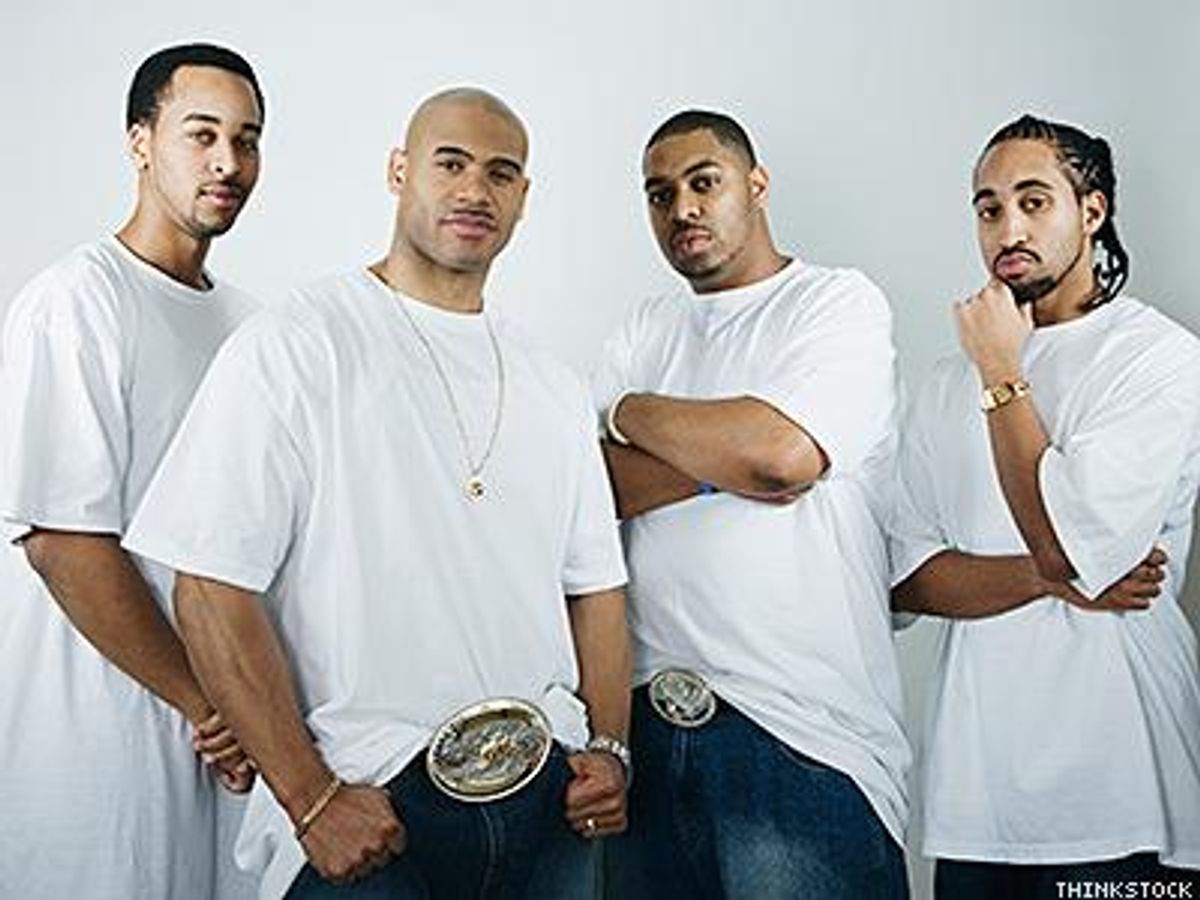It was a cold day in August when I got the call from the Shelby County Health Department. That spring, I'd asked my doctor to test me for HIV. I'd never been tested before and figured I should. Plus I'd been feeling tired and run-down. A couple days after they drew my blood, the doctor's office called to set up a follow-up appointment. But the nurse wouldn't tell me anything on the phone. I was juggling college and and a full-time job. And I figured they'd tell me right then and there if there was something to worry about, so I forgot about the call -- until a second one came later that month.
I was at work when the nurse called. So I stepped into the break room. "Mr. Terry, do you remember what test you requested at your doctor's office a couple of months ago?" the nurse said. "Yes," I answered, "an HIV test." "Well ... the results came back positive." I responded with a simple "OK." In fact, I said OK to every question after that.
I went back to work counting money and greeting customers without missing a beat. I might've appeared OK, but I was numb to the world on the inside. On the outside, I went back into my regularly scheduled program. But on the inside, I kept asking myself, What do I do?
I desperately needed a guidebook to help me figure things out. Frankly, I needed a guidebook after that very first test But, I had nothing.
So on the drive home I mustered up enough strength to call two friends who were my chosen family, both of whom are gay. One cried with me and immediately began to work out a plan to come stay the night with me so I wouldn't have to be alone. My other friend let me cry but startled me when he said, "Listen, this isn't going to be an everyday process." How insensitive, I thought. I know this because I'm positive. And you're going to get through this.
I didn't have a guidebook then, but I had my friends. And while I still felt lucky to have had them, none of us had any resources, let alone something that spoke to our experiences as young black gay men.
I was living in Memphis at the time of my diagnosis. And despite the fact that we had community-based organizations that provided HIV services to black LGBT people, they often had to adapt existing HIV literature because of how inaccurate and exclusionary most of the brochures were.
Thankfully, things are changing. As an HIV fellow at the Human Rights Campaign Foundation, I'm enormously proud of our new resource What Do I Do? A Handbook to Understanding Health and HIV. Made possible by a grant from the Elton John AIDS Foundation, it's the guidebook I needed then -- and it's the guidebook that's still needed, especially in the American South.
According to the Southern AIDS Coalition, the South is home to 37 percent of the U.S. population but 50 percent of new HIV diagnoses, not to mention 46 percent of new AIDS diagnoses and 43 percent of all people living with HIV. And if that's not enough, consider the fact a black gay man living in the city of Atlanta now has a 60 percent chance of becoming HIV-positive by the time he's 30.
These numbers are extraordinary. And they're part of the reason why I came to work for HRC in the first place -- to draw on my experience as a person living with HIV from the South to create resources that would empower my community. Resource guides like What Do I Do? aren't the be-all and end-all for what needs to be done to end the HIV epidemic in U.S. But they just might give someone the answers they need to carry on -- no matter who or what may be on the other end of that second phone call.

MARVELL L. TERRY II is HIV/AIDS Project Fellow at the Human Rights Campaign. He is also the founder and executive director of the Red Door Foundation, a Memphis-based nonprofit organization that works to improve the health of black gay and bisexual men.



















































































